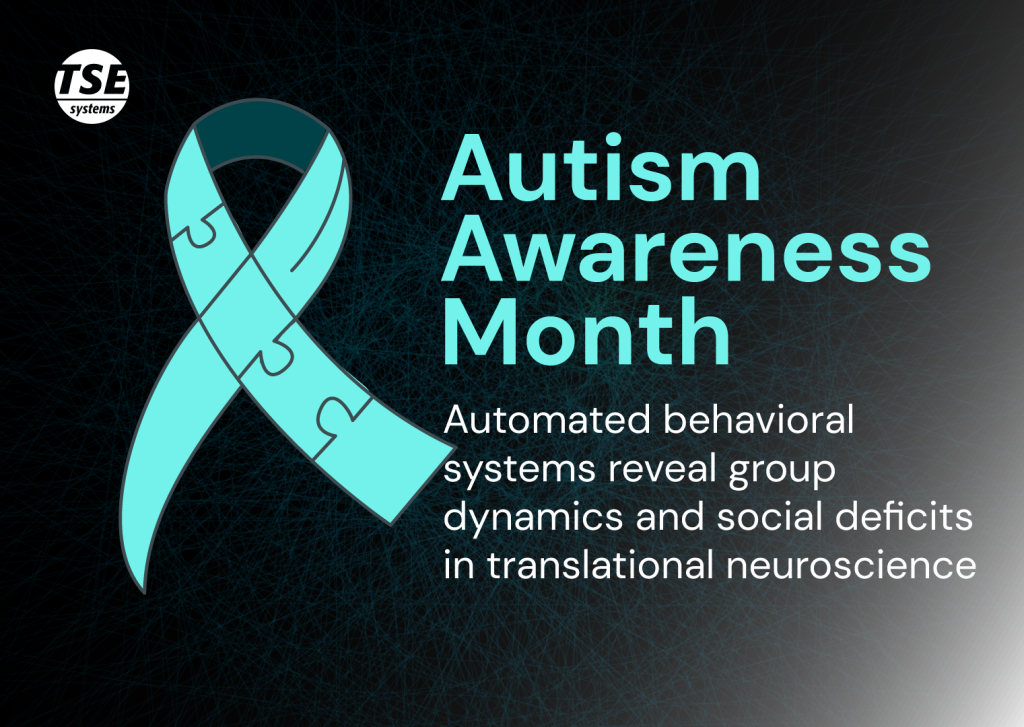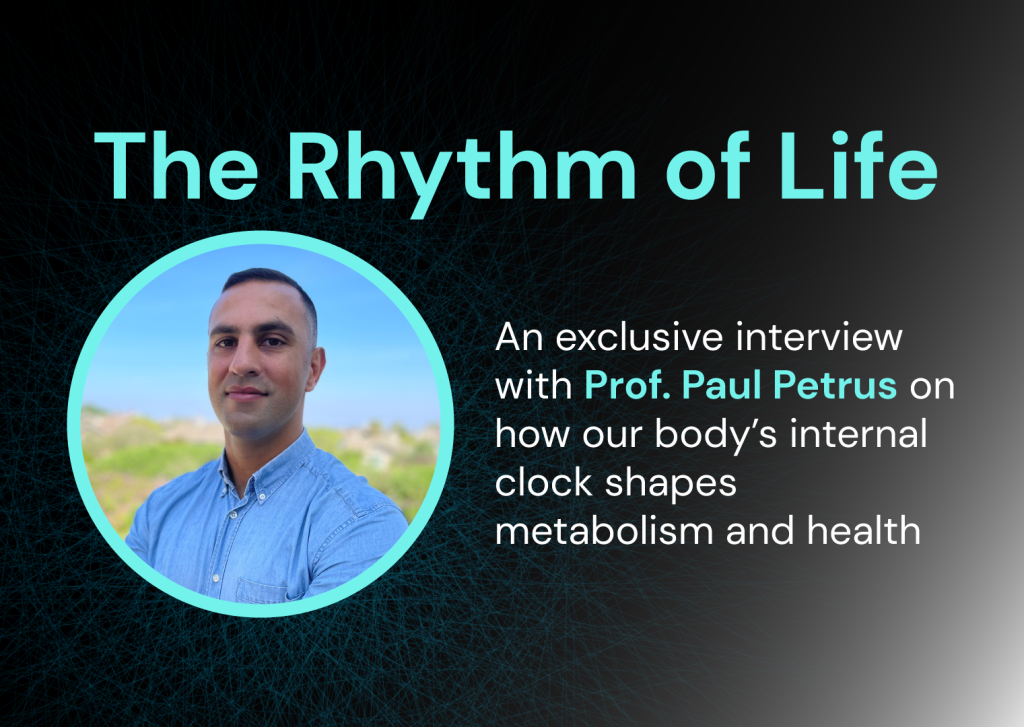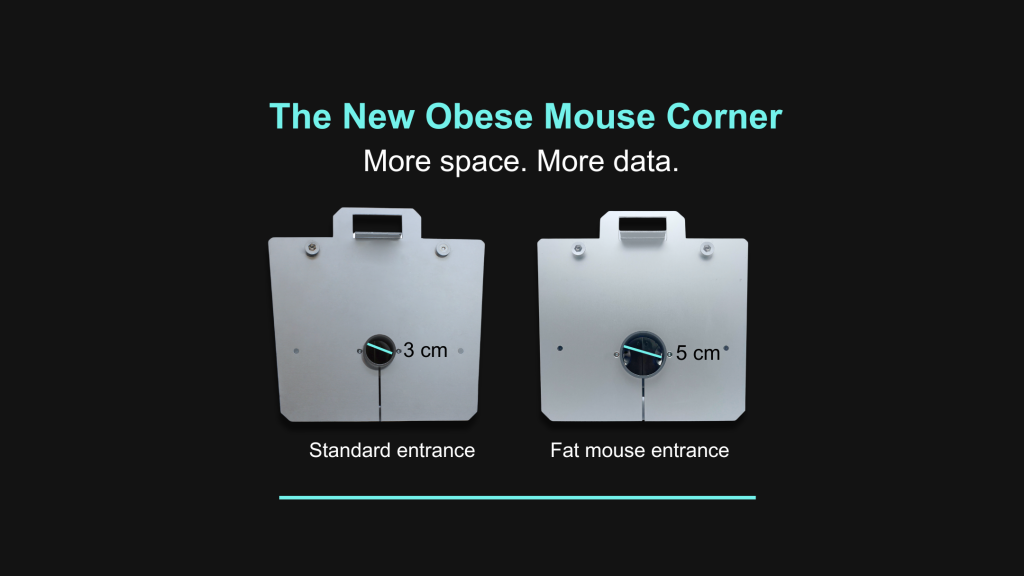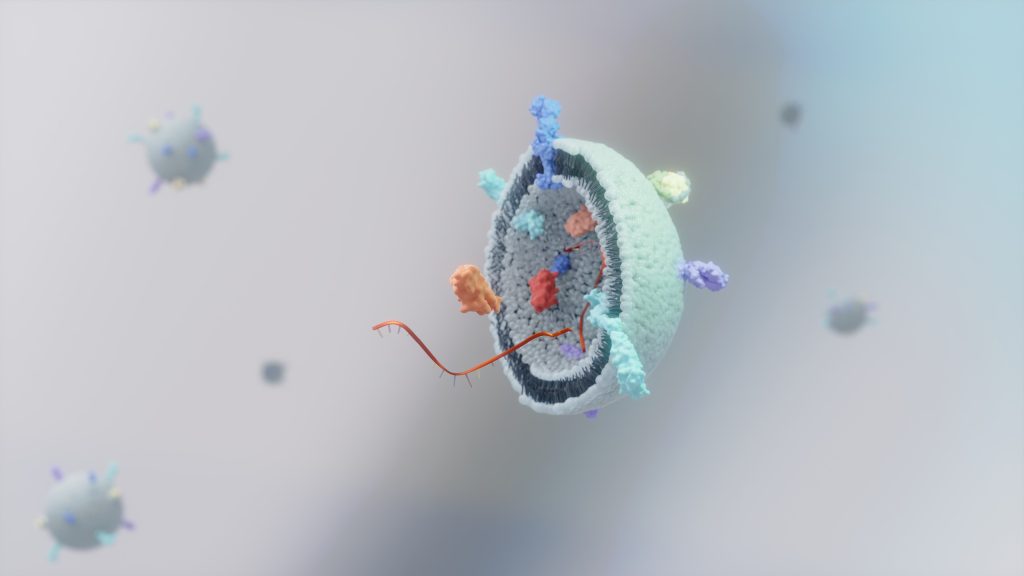
18.03.2024 – 1min
The Power of The Hippocampus: Uncovered Stress-Induced Memory Enhancements
The exciting study titled “Hippocampal Mechanisms Support Cortisol-Induced Memory Enhancements” Hippocampal Mechanisms Support Cortisol-Induced Memory Enhancements | Journal of Neuroscience (jneurosci.org) explores the intricate link between stress, memory, and the hippocampus and shows stress-induced memory enhancements. To unravel this paradox, researchers employed a unique combination of behavioral assays, high-resolution fMRI, and cortisol manipulation. The study delves deep into the neural mechanisms at play during stress-induced memory enhancements. Key finding: Stress has a powerful influence on episodic memory, often boosting the encoding of emotionally salient information. Intriguingly, hydrocortisone, a stress-related hormone, emerged as a key player. It not only promoted the encoding of positive, subjectively arousing associative memories, but also led to enhanced functional connectivity between hippocampal subregions.
The mouse model can be very useful in evaluating episodic memory, offering valuable insights for neuroscientific research. In cognitive, emotional and social phenotyping of mice in an observer-independent setting Dere et al. Cognitive, emotional and social phenotyping of mice in an observer-independent setting – PubMed (nih.gov) introduces a phenotyping battery based on the IntelliCage for comprehensive standardized behavioral assessment. The test battery includes place and reversal learning, sucrose preference, episodic-like memory, behavioral extinction and negative emotional contrast effect, as well as pheromone-based social preference.
Reach out to us to find the best solution for your research field info@tse-systems.com.





